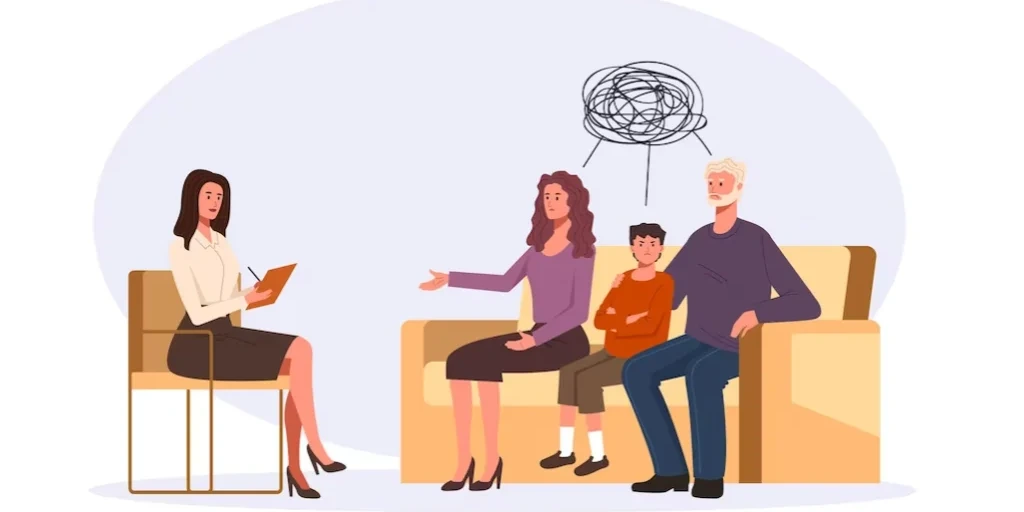24/7 Helpline:
(866) 899-221924/7 Helpline:
(866) 899-2219
Learn more about OCD Treatment centers in Nebo
OCD Treatment in Other Cities

Other Insurance Options

Carleon

Lucent

Oxford

Humana

Private insurance

Highmark

Multiplan

Evernorth

Regence

Excellus

PHCS Network

Ceridian

UnitedHealth Group

Access to Recovery (ATR) Voucher

Premera

MHNNet Behavioral Health

Aetna

Ambetter

Optum

Magellan



































SUWS of the Carolinas
SUWS of the Carolinas offers residential treatment for individuals with alcohol and/or substance add...

Recovery Ventures Corporation
Located in Old Fort, North Carolina, Recovery Ventures Corporation provides alcohol and drug rehab s...







